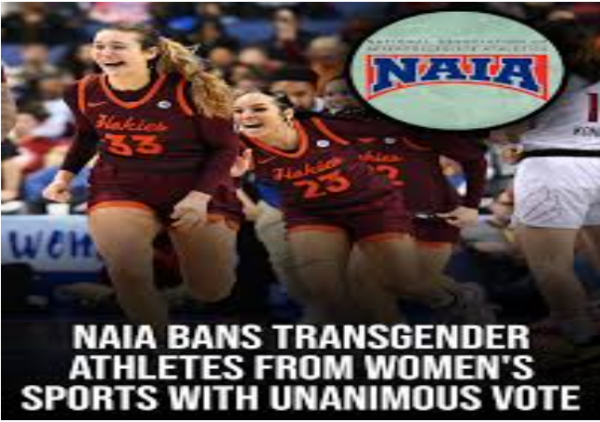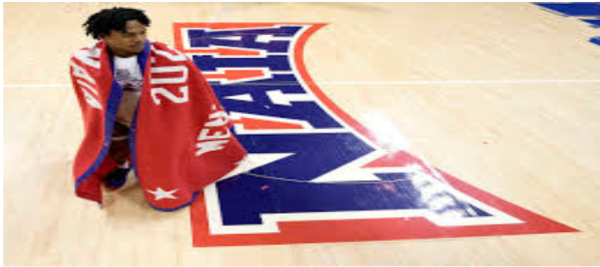The National Association of Intercollegiate Athletics (NAIA), is one of the largest athletic organizations in the United States. They are directly responsible for overseeing tens of thousands of athletes at smaller colleges and universities. However, they have made new headlines. They have announced they are banning transgender women from competing in sports events. This is the first ever sports organization in the U.S. to do so. Why have they done this? And what response will this receive from the public, particularly the transgender and LGBTQ community?
Specifically, the new policy is as follows: only students whose assigned sex is female at birth will be allowed to compete on those teams. NAIA’s Council of Presidents voted 20-0 to approve the policy, and it will begin August 1, 2024. In the case of transgender men, they are allowed to compete on women’s teams if they haven’t started masculinizing hormone therapy. If they have, they will not be allowed to compete but can take part in the team workouts. However, all trans men and women are allowed to compete on the women’s teams.

In terms of public response, the NAIA had acknowledged that the new policy would be controversial, despite deeming it in the best interest of the public. Jim Carr, the NAIA’s president and CEO, told AP (Associated Press) that he knows people will not like the new policy once it’s established in the next few months. He stated, “We know there are a lot of opinions, and a lot of people have a very emotional reaction to this, and we want to be respectful of all that. But we feel like our primary responsibility is fairness in competition, so we are following that path. And we’ve tried as best we could to allow for some participation by all.” Even though they have had similar transgender policies as other college student athletic organizations, they have been repeatedly changed in recent years. In 2011, a policy was established that the NCAA would allow trans women to compete on women’s sports teams if they underwent one year of “testosterone suppression.” It was changed in 2022, when a trans student named Lia Thomas, a varsity swimmer who went on to win an NCAA championship, established new guidelines regarding trans women competing on the sports teams.
Since its announcement, the new policy has been negatively received by The Human RIghts Campaign, which is America’s largest LGBTQ advocacy organization. According to Kelley Robinson, they are going against the rights of LGBTQ people. The organization’s president stated, “Today, the NAIA decided to bar an entire category of people from competition simply because of a right-wing outrage campaign that purposefully misrepresents and distorts the realities of transgender athletes while doing nothing to support women’s sports.” Sasha Buchert, director of the Nonbinary and Transgender Rights Project at Lambda Legal, a national LGBTQ rights legal organization, stated that the NAIA’s new policy is “inconsistent with the law and science.”
With these factors and the negative response, it is unlikely that the NAIA’s new policy will have many supporters, and could affect the athletic careers of transgender students.


